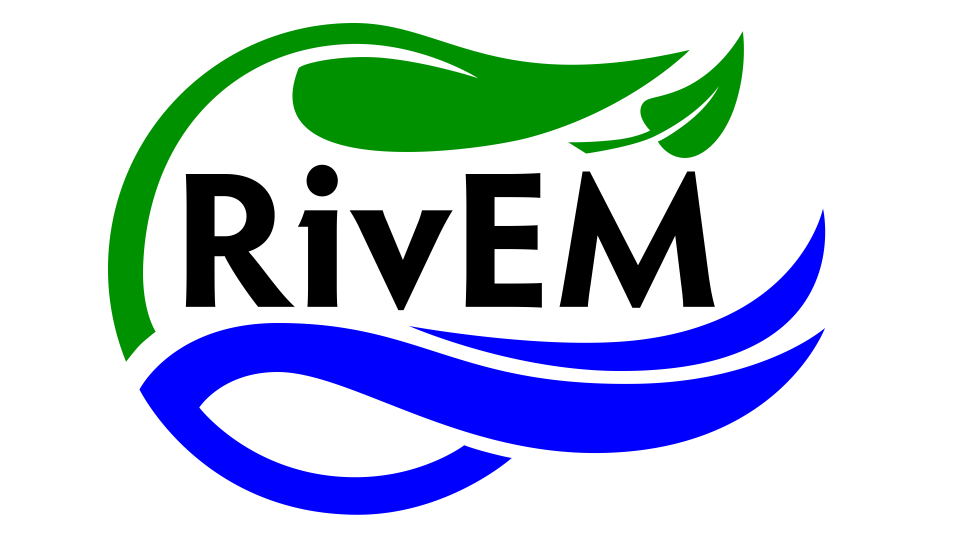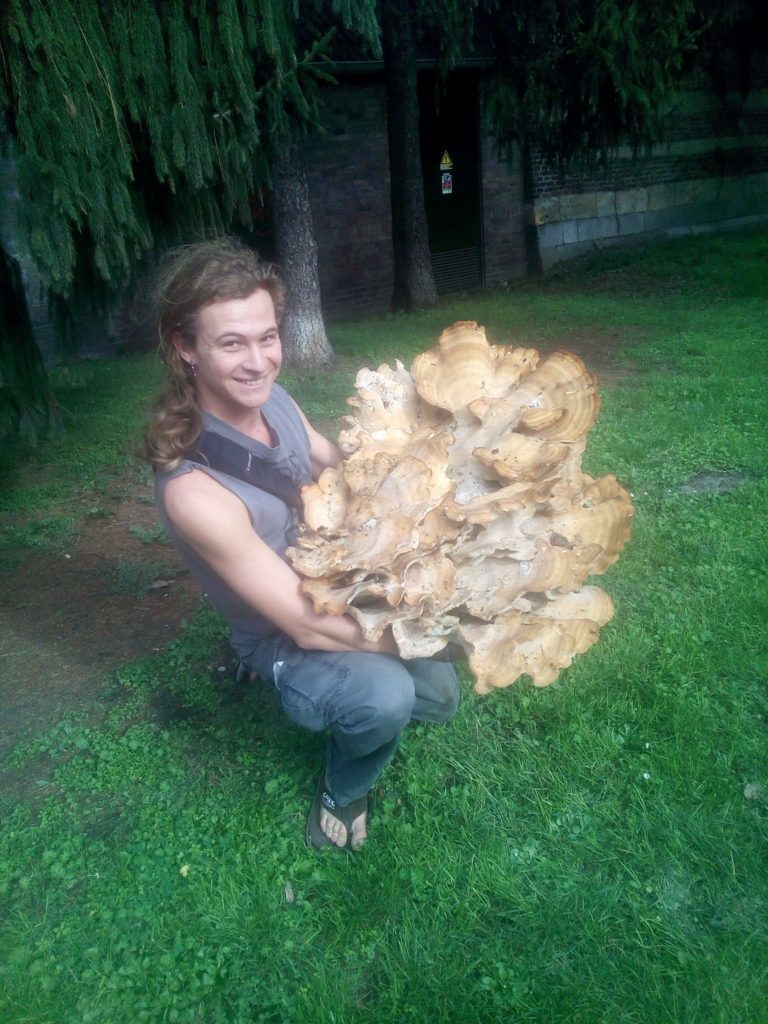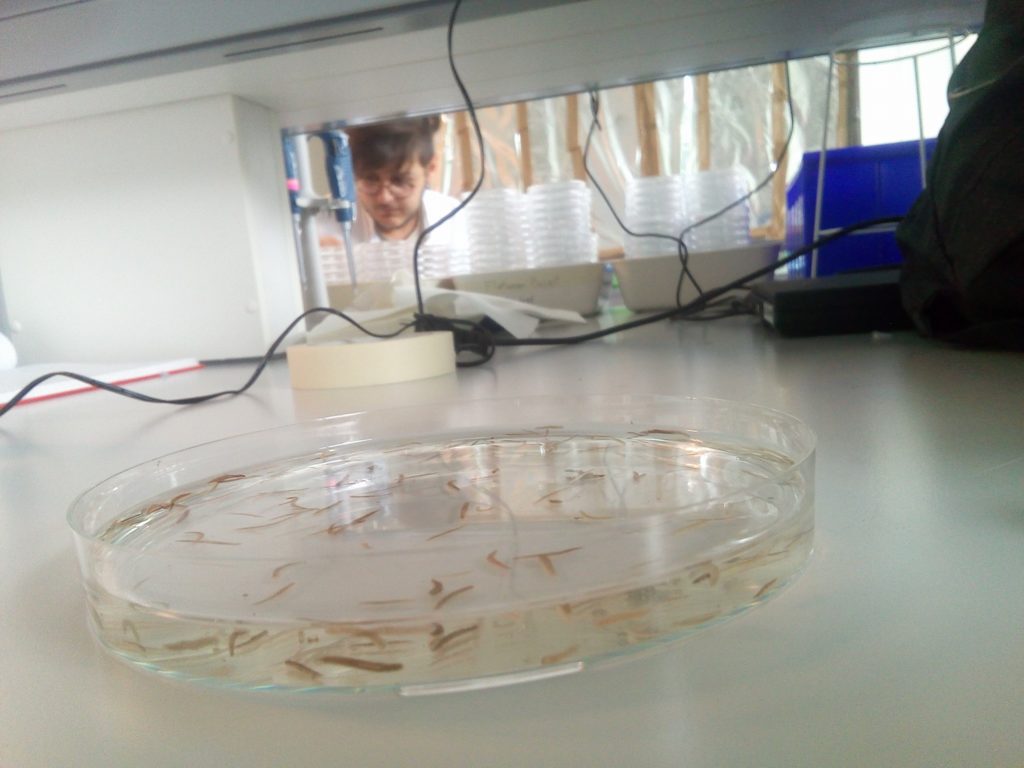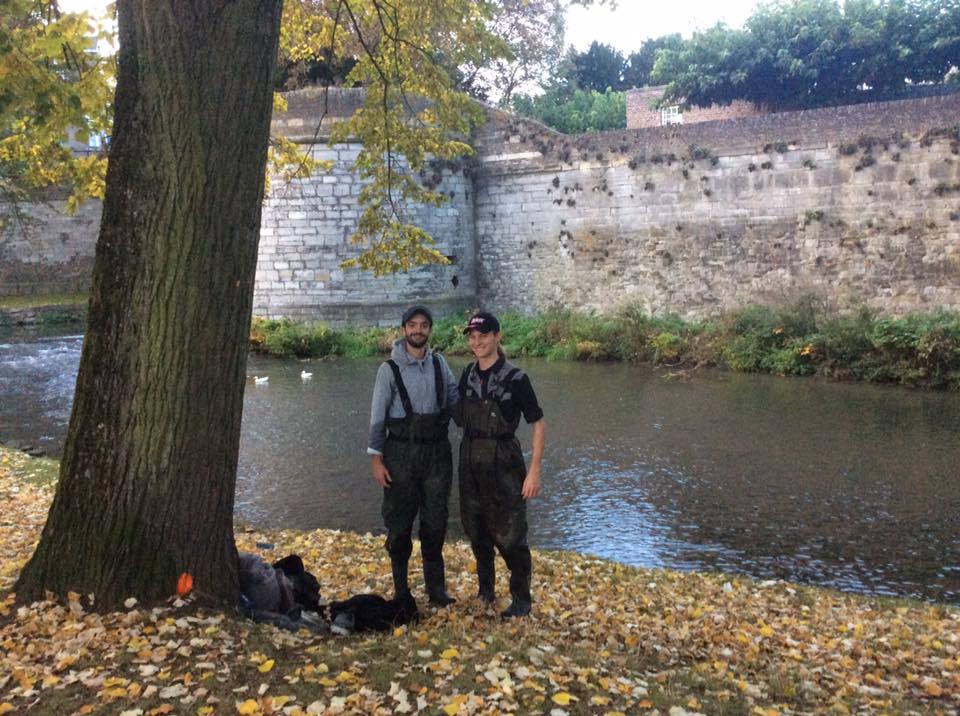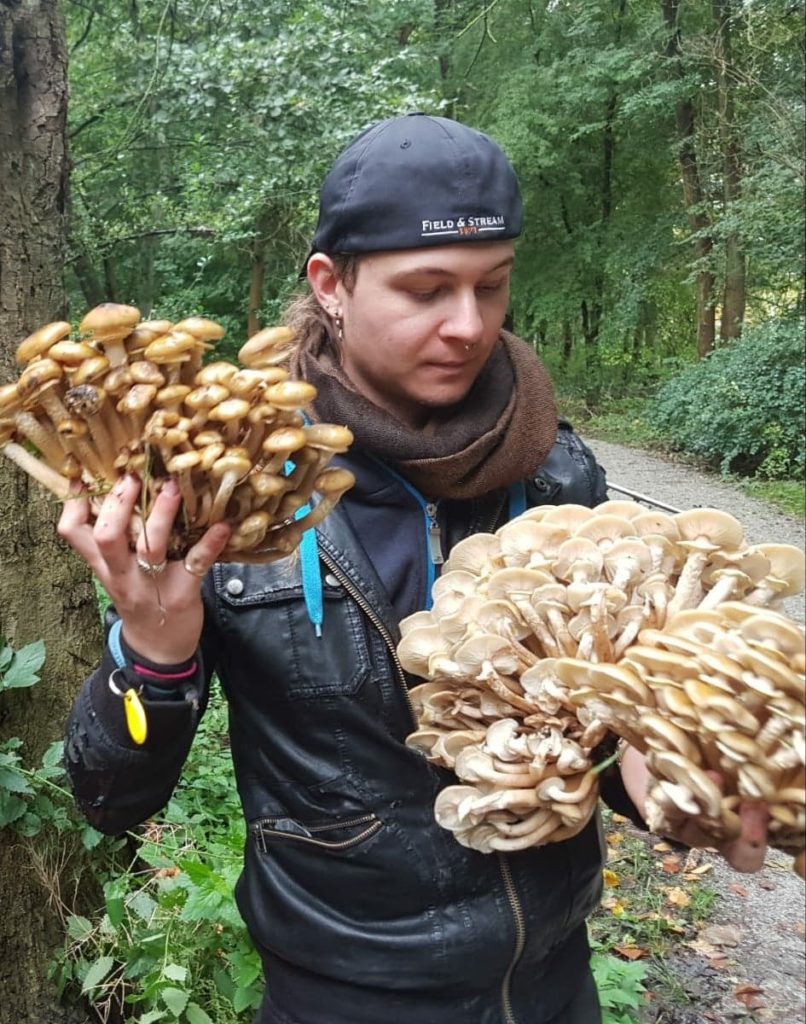Welcome to RivEM: Sam Shry
Posted by Jacqueline Hoppenreijs | Dam removal, Karlstads universitet, Naturresurs rinnande vatten, Nyheter, StudentsSam Shry recently started his PhD at Karlstad University. Here he writes about his previous work and what he intends to do as a PhD student at Karlstad University:
Hej! My name is Sam Shry and I am another new PhD student just starting in the RivEM research group. Like Sebastian, I will also be working under the EU project LIFE Connects, but my primary research focus will be Atlantic Salmon and their migratory response to river restoration and re-connectivity. My main supervisor is Olle Calles, with assistant supervisors Martin Österling, Gustav Hellström (SLU), and Anders Nilsson (Lund University).
I am originally from Arkansas in the US, but have lived in Sweden for the last four years. I became interested in fisheries when I was working on my bachelor’s degree at the University of Arkansas at Little Rock. Inspiring teachers and amazing internship experiences motivated me to pursue a career in fisheries. After graduation, I worked for the U.S. Fish and Wildlife Service as a field technician, working primarily with salmonid management and monitoring in the mid-Columbia River.
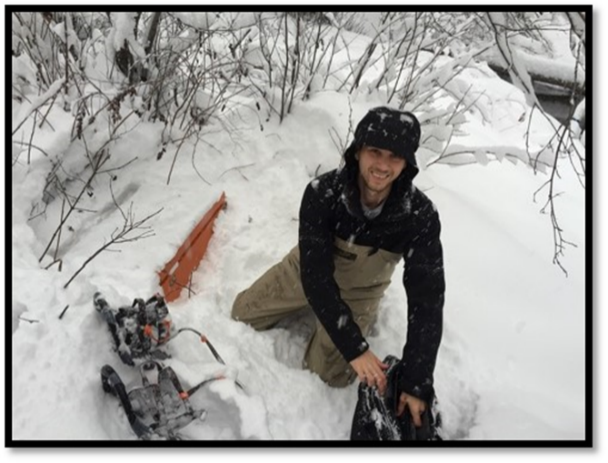
During my time as an undergraduate, I also met a wonderful Swedish woman who eventually became my wife. I decided to move to Sweden to live with her and, at the same time, started my master’s degree in Fish and Wildlife Management at the Swedish University of Agricultural Sciences (SLU) in Umeå. I had an amazing experience in the master’s program and had the opportunity to work on many great projects. My master’s thesis investigated the effect of condition on smoltification and migration in anadromous Brown Trout.
After finishing my masters, I started working for the County Administrative Board of Gävleborg as a project leader in fish migration and restoration. I worked with implementing river restoration measures, fish reintroduction efforts, and conducted fish migration studies throughout Gävleborg.
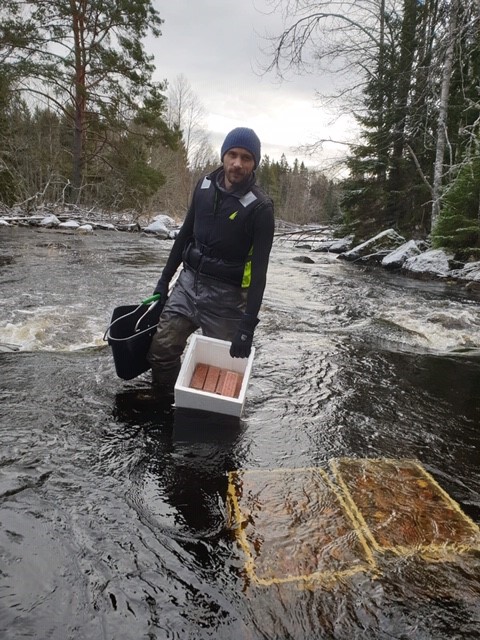
As a PhD student at Karlstad University, my research will focus on migration of Atlantic Salmon at three critical life stages (smolt, spawner, and post-spawner/kelt). Within the LIFE Connects project, thirteen dams are to be removed, ten fish passage solutions are to be built, and over 530 km of river habitat in seven river systems will be positively impacted. We want to evaluate the impact of these measures on Atlantic Salmon populations in these rivers and their response to restoration and re-connectivity. We will evaluate their migratory response over these three critical life stages using acoustic telemetry as our primary tool. With the use of high-resolution telemetry, we hope to gain greater insight into the timing, duration, hindrances, and mortality of these vital, large-scale migrations.
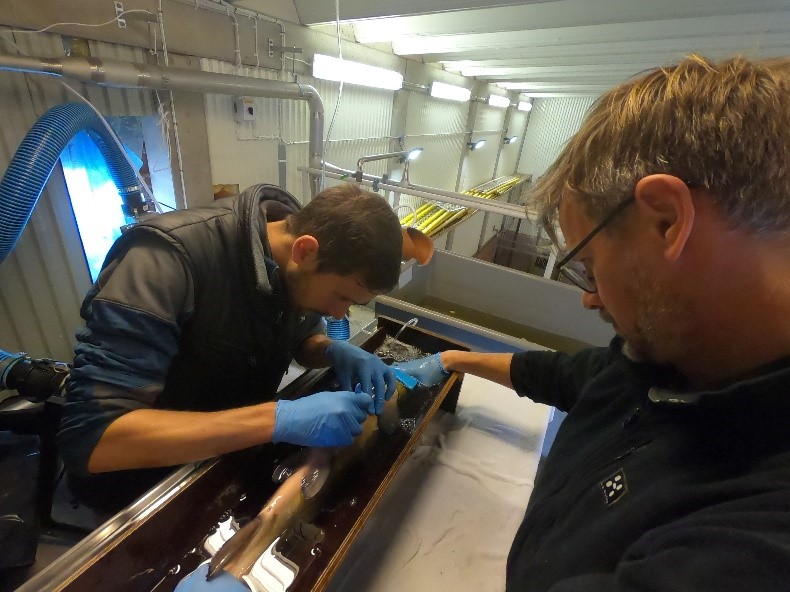
In my free time you can usually catch me by or in the water. In general, I enjoy being out in nature and usually try to fill my weekends with outdoor adventures. If you have any questions feel free to contact me by email or come by my office.
Look forward to meeting you!
